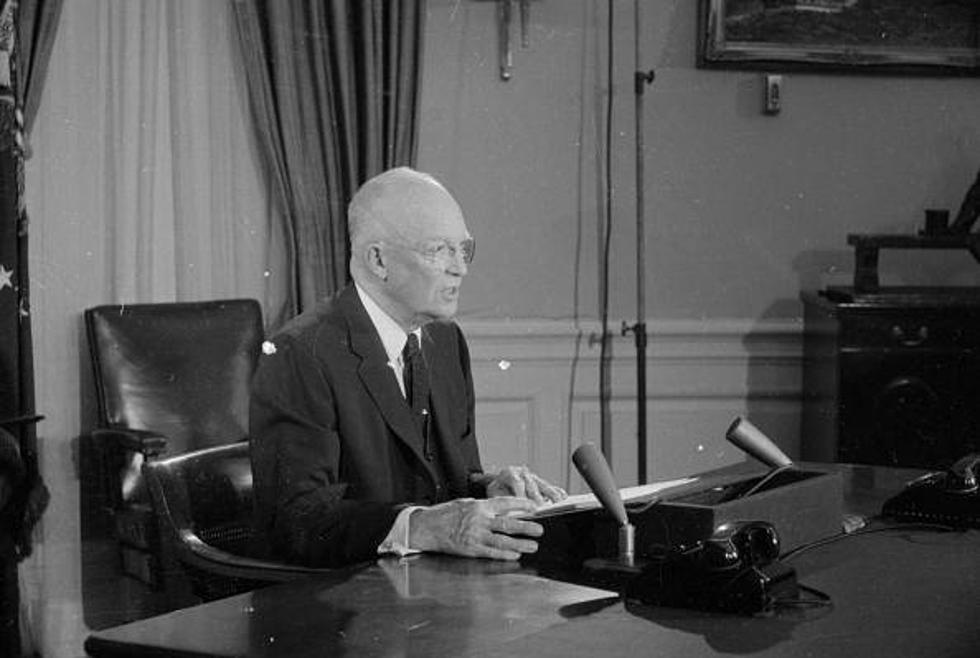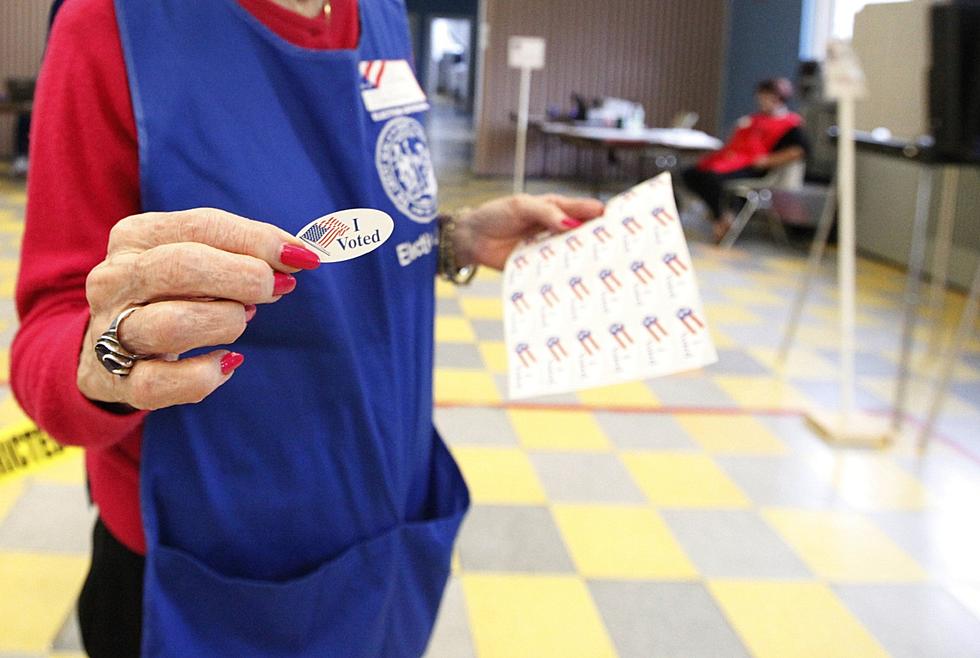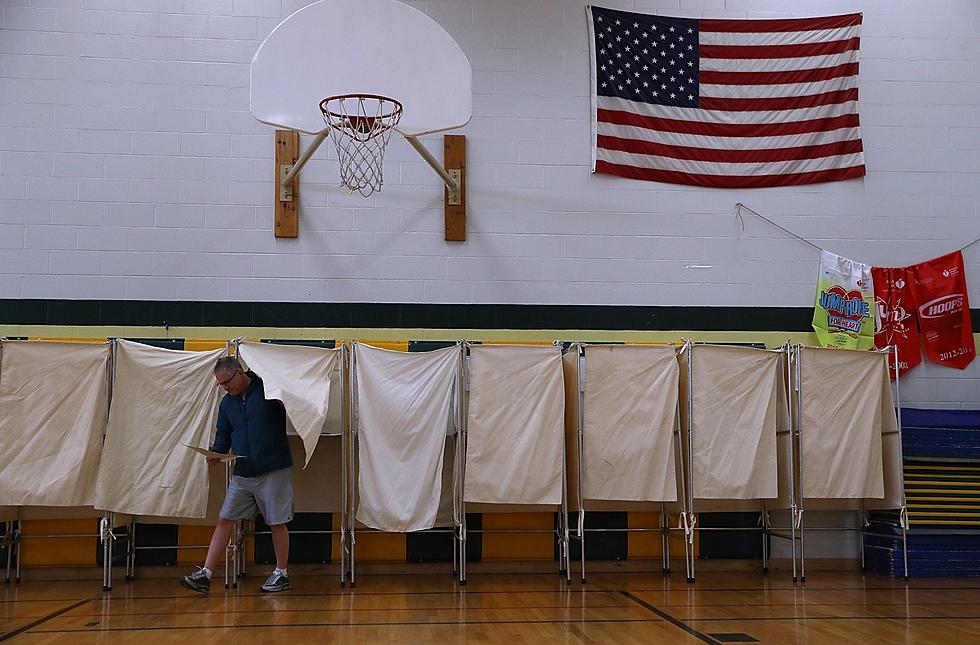
The Civil Rights Act of … 1957?
When most modern day Americans think of the Civil Rights Act, they think of the Civil Rights Acts of 1964 and 1965 championed by presidents Kennedy and Johnson. But eight years earlier, during the Eisenhower Administration, there was the first Civil Rights Act passed since the days of Reconstruction.
The Civil Rights Act of 1957
President Eisenhower signed The Civil Rights Act of 1957, Public Law 85-315 — 71 Stat 634-638, into law on September 9, 1957. The principle goal of the 1957 Act was to ensure that all Americans could exercise the right to vote.
At the time, blacks in the south made up the bulk of the population in many counties and Congressional districts but discretionary voter laws such as literacy tests, comprehension tests and poll taxes disfranchised black voters. Only about 20% of southern blacks were registered to vote.
Most voting rights were controlled by the individual states but the federal government found a loophole that all citizens could exercise their constitutional right to vote for federal offices such as president, vice president and congress.
Southern Democrats
Lyndon Johnson was the Democratic Majority Leader at the time and realized that this bill could fracture his party since almost all the southern states were anti-civil rights while most northern states were pro-civil rights.
Southern Democrats held many powerful committee chairs due to their long history of voter suppression and did not want to give those seats up to a large voting block that would probably vote against them.
The Filibuster
Before switching to the Republican Party, Senator Strom Thurmond, a Democrat, was staunch pro-segregationist from South Carolina. Thurmond tried unsuccessfully to use the filibuster to stop the act.
He spoke for a record 24 hours and 18 minutes. It was the longest filibuster in American History. Cots were brought in for legislators to sleep on while Thurmond read the voting laws of each state in alphabetical order, the Declaration of Independence, and even treated the senators to his grandmother’s biscuit recipe.
The Vote
The bill passed the House of Representatives by a vote of 285-126 (Republicans 167-19 for, Democrats 188-107 for) and the Senate by a vote of 72-18, (Republicans 43-0 for, Democrats 29-18 for).
Some Final Thoughts
Later civil rights acts would strengthen voting laws for federal elections and in June of this year the Supreme Court struck down most of the Voting Rights Act of 1965 by a five to four vote. The historic decision released nine southern states from a requirement to seek federal approval before any changes to voting laws can be made.
“Our country has changed,” Chief Justice John G. Roberts Jr. wrote for the majority. “While any racial discrimination in voting is too much, Congress must ensure that the legislation it passes to remedy that problem speaks to current conditions.”
Let’s all hope he’s right.
More From KMMS-KPRK 1450 AM









